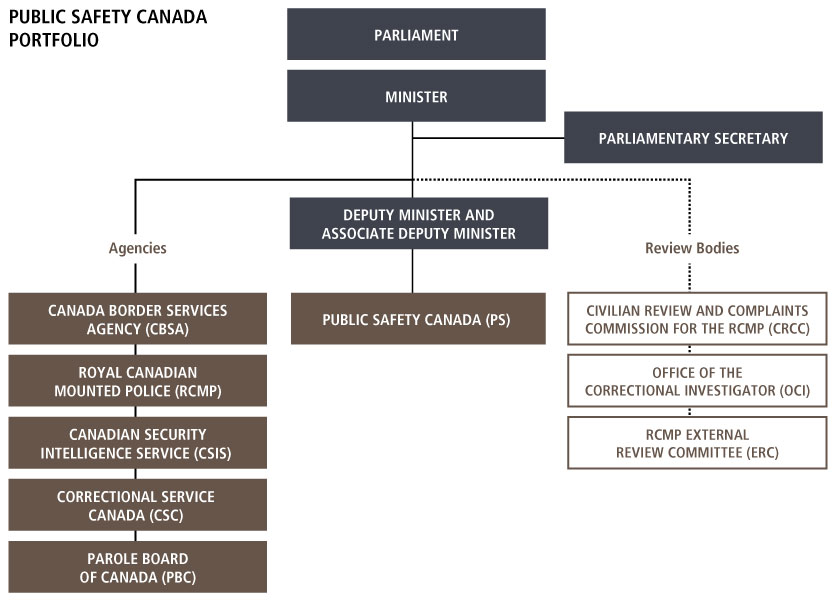McG
Army.ca Legend
- Reaction score
- 3,424
- Points
- 1,260
And, with the exception of the army, the American reg to res ratios are also all skewed significantly in favour of the active duty. But let’s just agree this comparison is too shallow an analysis from which to make any conclusions. A first principles analysis of Canada’s requirements is a better start.FJAG said:If we're letting the US dictate our GDP numbers then maybe we should look at the US active component to reserve (NG and AR) ratios:
Army: Active 487k, NG/AR 660k;
Navy: Active 323k, NR 111k;
Air Force: Active 307k, ANG/AFR 211k;
Marines: Active 183k, MR 111k;
Coast Guard: Active 39k, CGR 8k
Our numbers are:
Army: Reg 23k, Res 17k, Rangers 5k;
Navy: Reg 8.5k, Res 5.1k
Air Force: Reg 14.5k Res 2.6k
Other: Reg F 22k, Res 1.8k
With the exception of the navy, our reg to Res ratios are all skewed significantly in favour of the Reg F.
You are giving too much credit to some major capital acquisition decisions. We buy shinny things without thought to doctrine, organization, training, supporting resources, personnel, etc. When projects deliver it is high-fives and commendations all around … and the field force gets stuck figuring out how to fill the holes.Humphrey Bogart said:We let equipment drive our doctrine when it should be the other way around.
In those armies, a brigade is a deployable entity. If you intend to neither use it nor manage its readiness so that it can be used, is it really that valuable a building block to Canada? Don’t answer that here. It is probably too into the weeds for this budget discussion, but we have another thread for that idea: What Should the Army's Role, Capabilities & Structure Be?Humphrey Bogart said:…dapaterson said:We can't presuppose that the three CMBGs are what we need / where we need / how we need things to be.
2. The Brigade - Every Army in the world worth its salt works around the Brigade concept, why change what works?
We used to say “train two up” which meant to train every individual to do the job two positions higher so that the machine could keep grinding forward as leaders became casualties.Tcm621 said:We need to change our training from "just enough, just in time" to the right amount as soon as possible to allow people to gain experience. Surges just result in a lowered standard of training, because we need boots on the ground now.
I am not sure that the “able to do more with fewer platforms” statement has been true every time we have said it (let alone true for the numbers being discussed). If you buy trucks twice as big as the current fleet, you could conceivably do the job with half as many trucks … until you realize that time & space realities prevent any smaller of a fleet from completing deliveries to all required locations even if the trucks had infinite capacity. In the case of main battle tanks, fifty Leopard 2 can certainly do more on a battlefield than eighty Centurions against the same threat. But, the Leopard 2 should not be measured against what it can do against a battlefield of T54. Can the Leopard 2 do on a battlefield of T90 (or Armata) what the Centurion could do on a battlefield of T54? Where physical numbers mean that fewer Leopard 2 cannot necessarily be at the right places at the right times to do what a Centurion would have done 50 years ago, do we have an alternate tool in the box to cover the capability gap?E.R. Campbell said:… the performance envelope of the new system has allowed us to do more than the same with half as much kit. We didn't need four fighter wings (10 to 15 squadrons) in Europe when the F-104 replaced the F-86 Sabre. The F-104 could do much, much more with fewer aircraft. Ditto with ships: the Halifax class frigates were qualitatively so much better than the old "steamers" they replaced that 12 could do what we needed 15 to 20 to do before. You, yourself, must know that a regiment of, say, just 50 Leopard 2 tanks could do more than a regiment of 80 Centurions.
If the future surface combatant is so capable that we can replace Destroyers and Frigates with a new smaller fleet and our current operational commitments see single ships joining coalition task forces, will we send fractions of ships on operations in the future?



